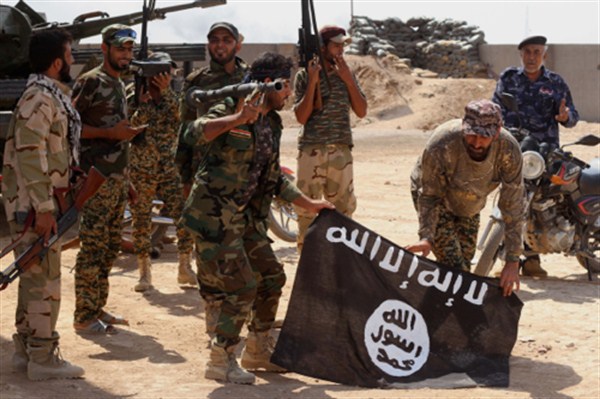IRBIL, Iraq—Syria’s moderate rebels are in trouble. Nearly encircled in their main bastion of Aleppo by the forces of Bashar al-Assad’s government and under pressure by Islamic State fighters, they are also weakened by internal rifts and little external support. Yet they are still fighting back, and the strength of their enemies may be exaggerated.
The most immediate threat is coming from militants of the Islamic State—also known as the Islamic State of Iraq and Syria, or ISIS—emboldened by their looting of American weaponry earlier this summer and an influx of Sunni fighters in Iraq. The Islamic State recently took over a string of villages in northern Aleppo province—Akhtarin, Dabiq, Turkmanbareh, Ghouz and Masoudiyeh—which surround much of the rebel stronghold of Marea, north of Aleppo. That threatens to cut off the rebels from their key supply route to the Turkish border crossing of Bab al-Salama. Islamic State fighters are within 20 miles of the key town of Azaz, just south of the border, and reportedly gained the allegiance of some 300 rebel fighters in the town of al-Bab.
Facing them are the relatively moderate Islamic Front; Harakat Hazm, a group that has received American anti-tank missiles; Jaish al-Mujahidin, an alliance that was formed earlier this year specifically to battle ISIS; and some smaller groups. The Islamic State’s main rival, the al-Qaida-affiliated Jabhat al-Nusra, or the Nusra Front, has mostly retreated into Idlib province to the west, as has the much weakened Salafist movement of Ahrar al-Sham, which was once described as the largest rebel organization of all. The Islamic Front, a once promising union of various large brigades, is also riven by internal problems. Most of these groups suffer from supply problems as no large-scale Western support has been forthcoming, despite repeated promises by the Obama administration. Their coordination remains mostly weak.

